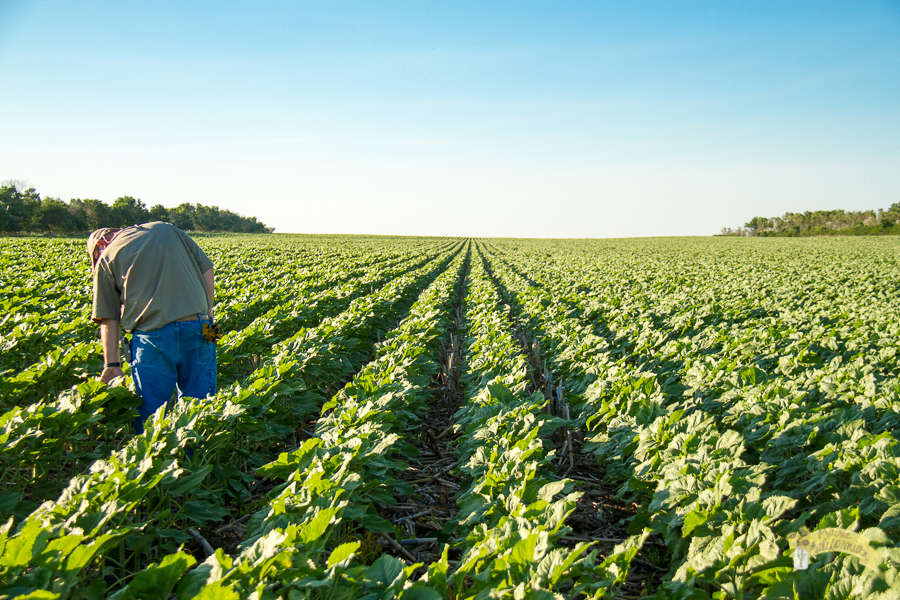
What's an agronomist?
An agronomist is a specialist who applies scientific understanding and strategies into the management and creation of crops. Agronomists operate in a variety of settings, from farms and ranches to govt organizations and private corporations. They may additionally work in research laboratories or educate at colleges and universities.
Most agronomists have no less than a bachelor's degree in agronomy or simply a connected industry, like agricultural science or soil science. Quite a few agronomists also have master's degrees or doctorates. The exact nature of the agronomist's job is dependent upon his or her specialty and employer.
Agronomists play an important role in making certain that crops are healthier and successful. They use their understanding of plant science to create means to improve crop yield, battle pests and diseases, and preserve water as well as other resources.
The position of the agronomist
is to help the world meet its developing food output requirements. According to the U.S. Bureau of Labor Figures (BLS), employment for agronomists is anticipated to increase faster than average, with openings as a result of expansion and substitution requirements.
The work of the agronomist
is challenging and gratifying, with agronomists usually becoming involved with analysis and schooling.
The education and learning of the agronomist
Agronomists have to have at the very least a bachelor's degree in agronomy or connected area from an accredited university.
The future of agronomy
Agronomists help to make certain that the entire world's population has plenty of food items, they usually do the job to further improve crop yields and cut down agriculture's influence on the ecosystem. The BLS claims that agronomists are in demand, but Levels of competition for Positions is probably going to become strong.
Conclusion
Agronomists are concerned with the study of plants, and they work in many read more different fields, from agricultural investigation to boosting crops. Agronomists are necessary to make sure that crops are produced for consumption, but they also help develop biofuels and various plant-based products and solutions.